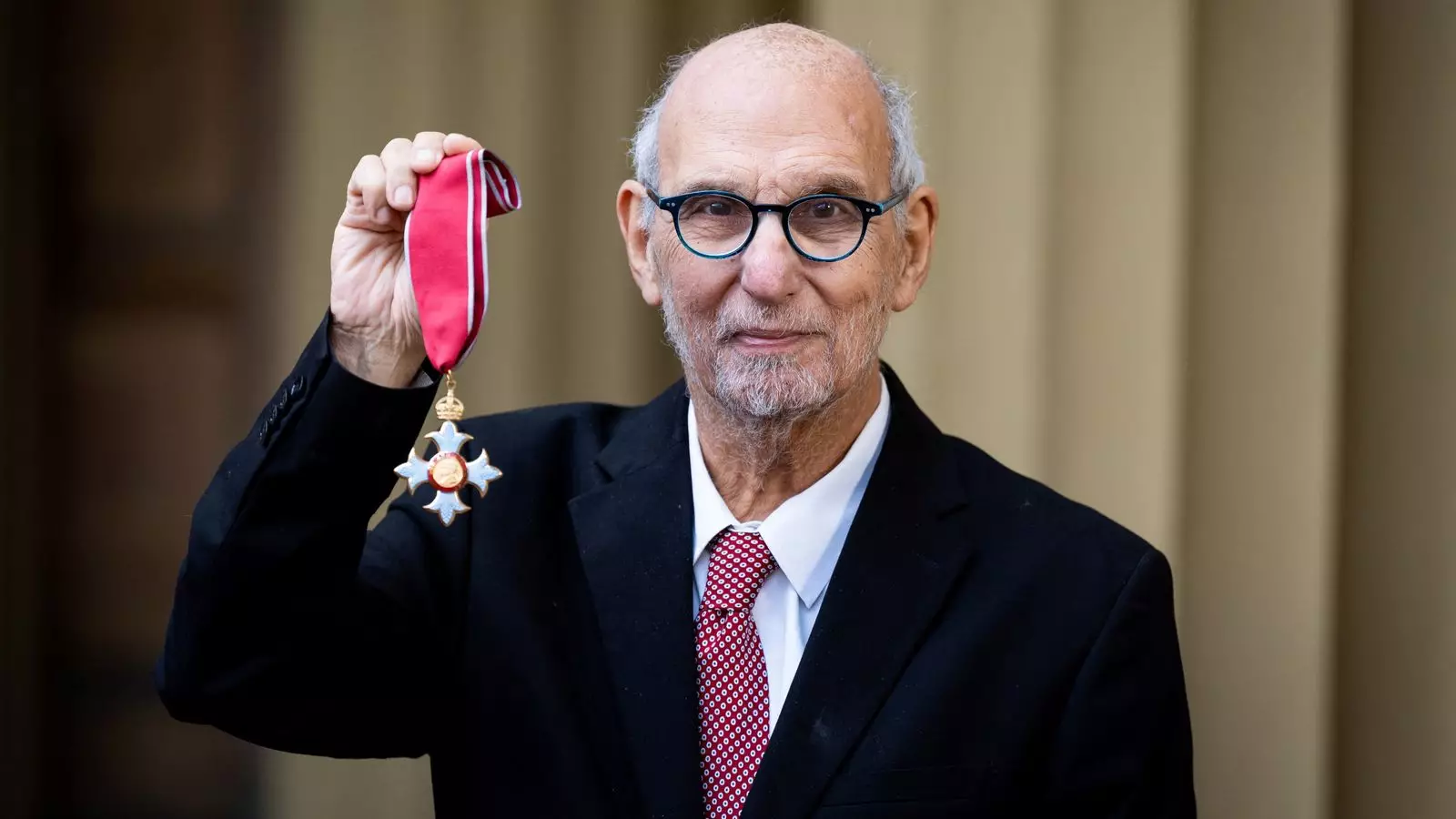Alan Yentob, the former BBC presenter and executive, passed away at the age of 78, leaving behind a colossal impact on the world of broadcasting and the arts. In a society that is increasingly obsessed with ephemeral content and superficiality, Yentob represented a golden age of creativity that valued depth, imagination, and genuine humanity. His family’s tribute to him encapsulates the multifaceted individual he was—a man defined by his profound curiosity and creativity. Philippa Walker reflected on their life together, highlighting the unique and often unexpected adventures that characterized their journey. It’s a stark reminder that in an increasingly formulaic media landscape, it takes a wildly imaginative mind to deliver true inspiration.
The Architect of Modern Broadcasting
Yentob’s journey at the BBC began in 1968 when he was but a trainee, yet he rapidly ascended to become a commanding figure in the organization. His tenure as controller of both BBC One and BBC Two was marked by transformative programming that redefined the broadcasting landscape in Britain. He had a unique knack for identifying stories that mattered and for giving voice to the diverse tapestry of British life. His initiatives, such as launching CBBC and CBeebies, weren’t merely exercises in commercialism; they were heartfelt attempts to enrich the cultural fabric of the nation. In an era where crass commercialism often triumphs over artistic integrity, Yentob’s legacy offers a blueprint for a more humane and thoughtful approach to television and media.
More than Just a TV Executive
Yentob was not merely a manager; he was an intricate artist at heart. His contributions to landmark dramas like *Pride and Prejudice* and *Middlemarch* underscored the importance of storytelling in cultural identity. The BBC director-general Tim Davie aptly characterized Yentob as a “towering figure” in British media. However, these accolades sometimes overlook a critical viewpoint: while he established himself as a creative visionary, he also challenged the future of broadcasting in ways that are worth scrutinizing. Did his creative instincts mold a culture that embraced inclusiveness, or did they foster a niche that, while artistically satisfying, risked alienating mainstream audiences?
A Moral Compass in Entertainment
Beyond his professional milestones, Yentob was celebrated for his integrity. In a world where ethical boundaries are often diluted in favor of sensationalism, he pictured a different path—one where kindness and creativity coalesce. Amol Rajan’s characterization of him as a “unique and kind man” resonates deeply in light of the often cutthroat dynamics of the entertainment industry. Yentob’s commitment to morality infused an authenticity in his projects that is sorely lacking in today’s media offerings, where algorithms prioritize views over virtue.
While it is easy to lionize figures after their passing, the reality is that Yentob’s contributions stand as a beacon of authenticity in an era that desperately craves it. Through his innovative work and humanistic approach, he has etched his name in the annals of British culture, leaving behind not just a legacy of groundbreaking programming, but an enduring example of what it means to be truly human in the world of media.



Leave a Reply